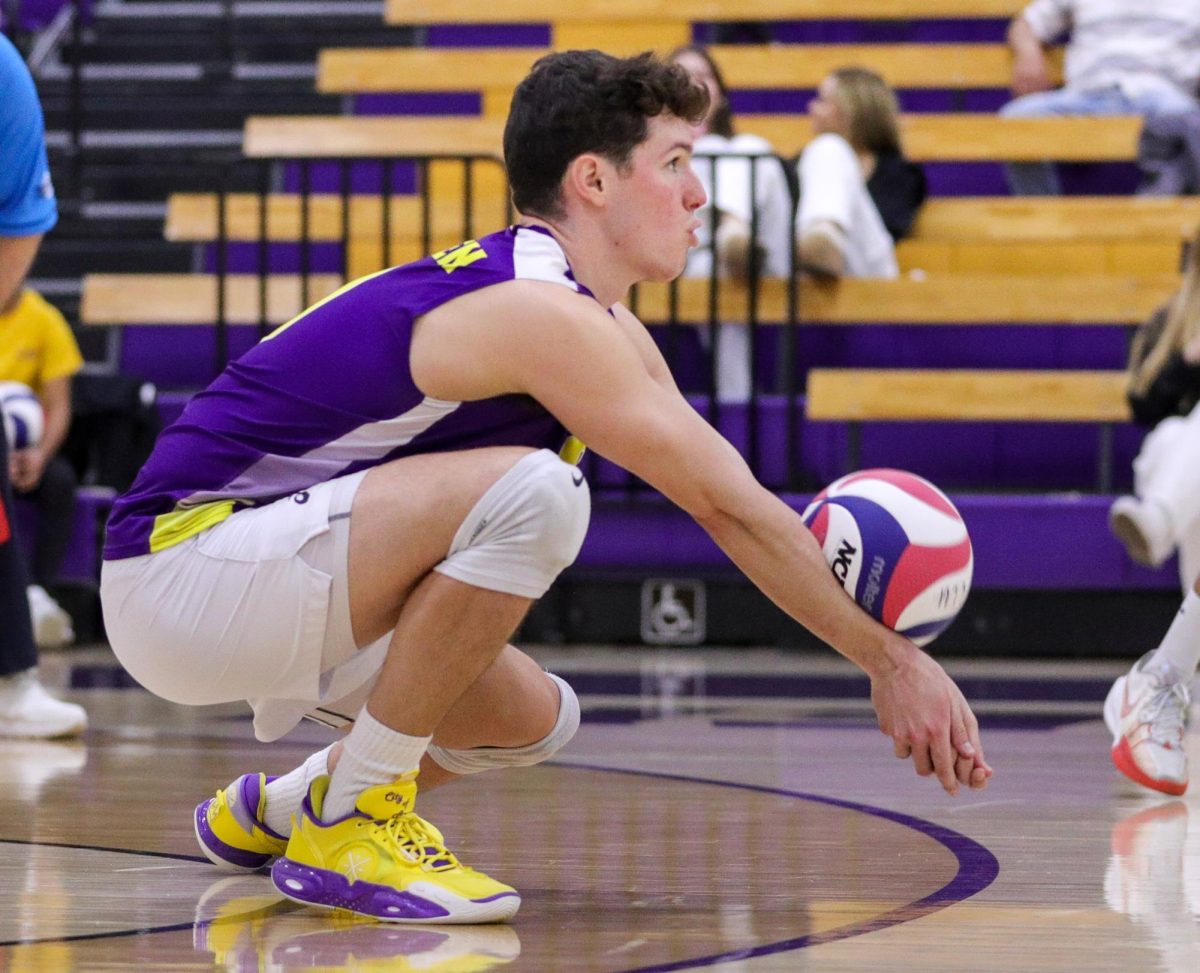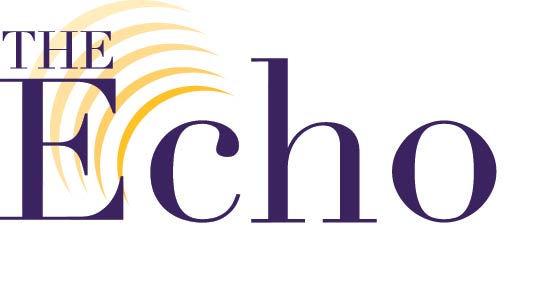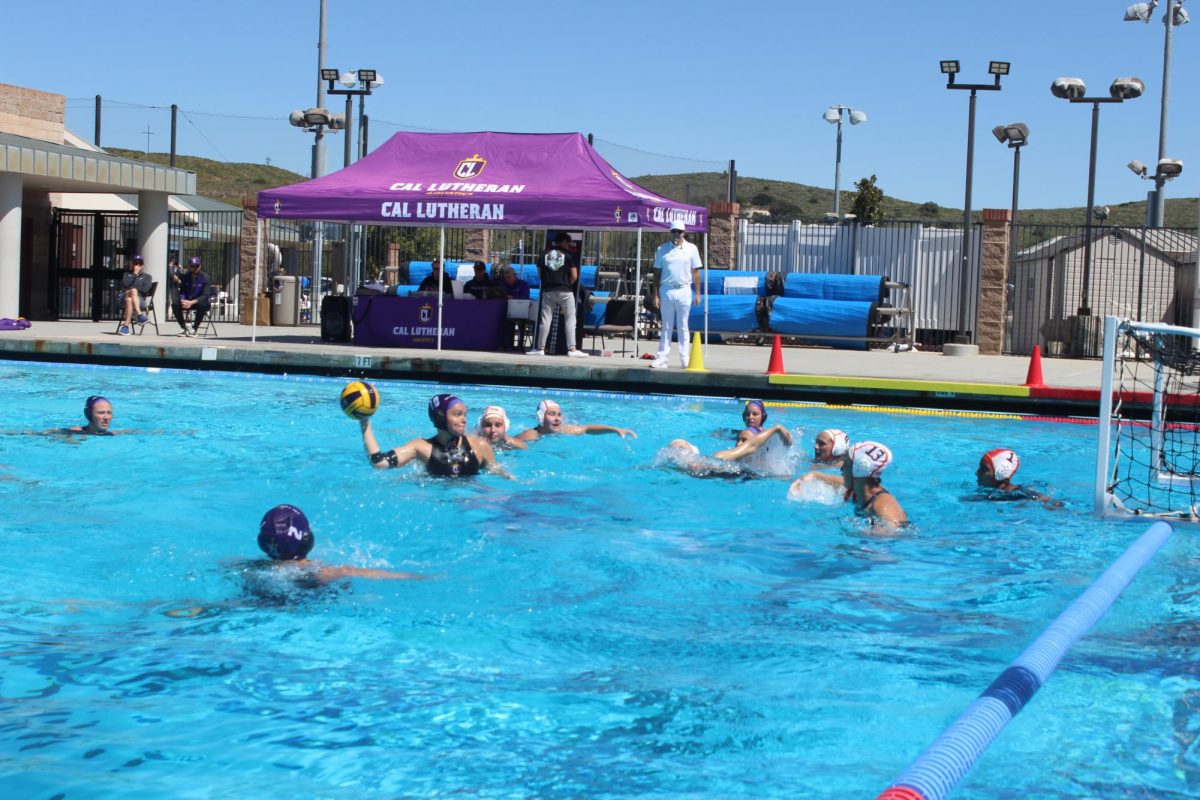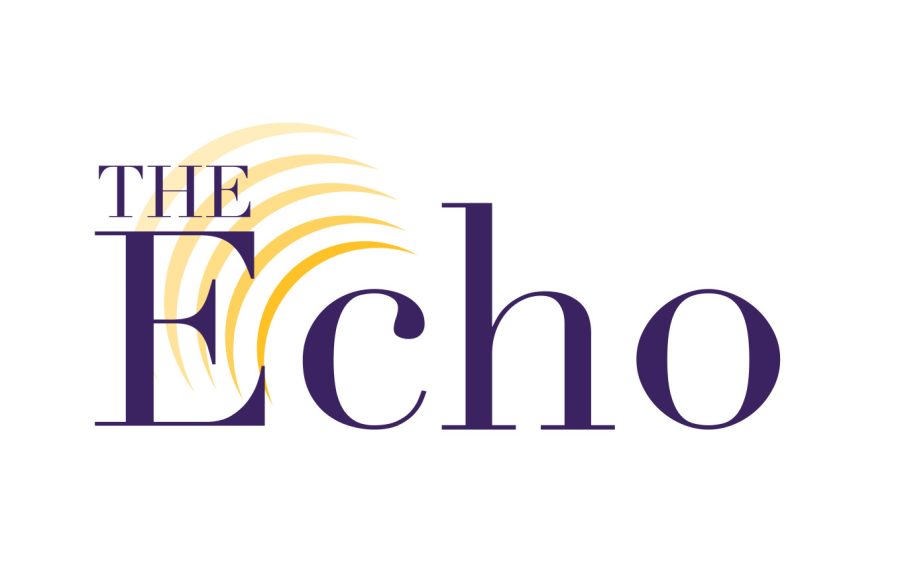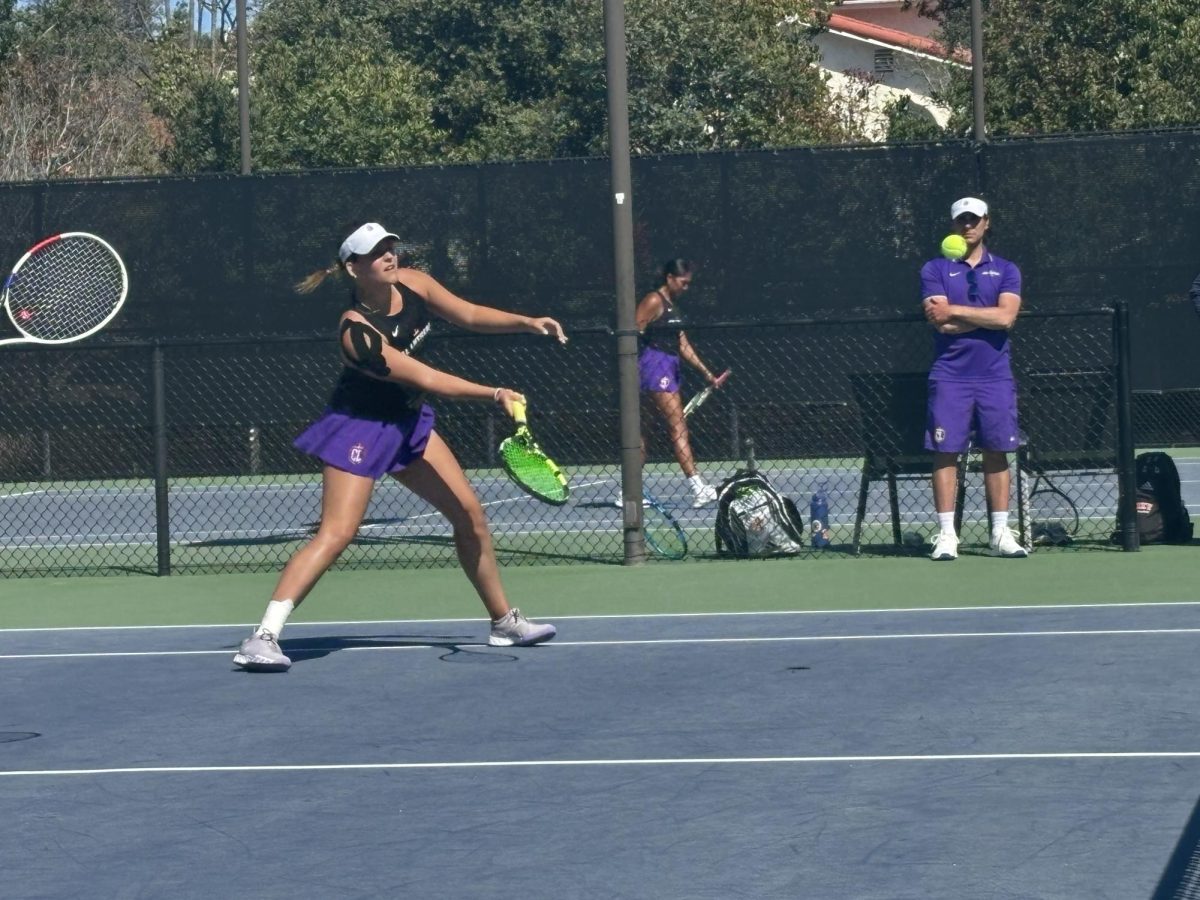Eighteen University of Southern California students took part in a sit in outside of university President Max Nikias’ office on April 15. Students were protesting the university’s buisness affiliation with a company who had ties to factories in third world country, Bangladesh.
Some students on campus felt the affiliation was ethically wrong because of harsh labor conditions in Bangladesh.
What started out as a peaceful sit in soon turned sour when school officials threatened to not only suspend students, who would have their scholarships revoked, but also call their parents.
The students were told that if they didn’t pipe down or get going by the end of the business day, they would be given a letter of interim suspension, according to the Los Angeles Times.
Although no students were actually suspended, the way the esteemed university handled the situation opened up a lot of controversy on how university officials view their students and if the students’ voices actually matter.
William Rosser, vice president for student affairs and the dean of students at California Lutheran University, believes that a situation similar to the one at USC would probably have been handled differently at CLU. He is firm in stating that CLU school officials are always open to speaking with students.
“We think we have an open enough relationship with our students that it wouldn’t turn into any type of protest. It would instead be calling the president’s office and making an appointment. He [President Chris Kimball] is very much like me in which he is very open to speaking with our students about anything,” Rosser said.
The faculty and student relationships are definitely more personal at CLU. The professors, staff and administration seem to have a certain level of respect for students, which is hard to find at other institutions. Most faculty are open to speaking with students, having deep, profound conversations and understanding their views and beliefs without diminishing students’ opinions.
Although Rosser does not wish to comment on the way the situation was handled at USC as he does not know all the details of what exactly happened, he feels that students and school officials should always be on the same side regardless of conflicting views.
“Making a change in a civil way is something we support [here at CLU]. Students never become the enemy. They never become the other [side],” Rosser said.
Another question that comes into play is if USC violated the Family Education Rights and Privacy Act, which protects a college student’s education records. Under FERPA, an institution cannot release a student’s education records without written consent from the student.
According to the Los Angeles Times, Ainsley Carry, the vice provost of student affairs at USC, released a statement defending the university against these allegations.
“Parents were called and informed that their student was involved in a protest that violated the university’s code of conduct by blocking entry ways and the elevator in Bovard Hall. FERPA concerns educational records only and is not relevant to this case,” Carry said in a statement.
Nathan Fall, the assistant director for residence life and student conduct at CLU, gave a few examples of when parents of students at CLU would be contacted.
“If a student under the age of 21 is arrested, transported, passes away, [is] unconscious, then we would call their parents. If a student is missing, then parents are also contacted,” Fall said.
Fall also mentioned that if students are on Residence Life probation, which is when they have been documented for violating Residence Life rules, a letter is sent home to their parents informing them of the situation.
What is important to understand is that by the time students are in college, they are no longer children. Yes, they are still learning, but at the same time, they are young adults who have strong opinions and views of how the world should work.
College is the time in which students should be able to voice their opinions and be encouraged to step up and make a change.
The 18 students involved in the protest at USC were expressing their views on foreign labor laws, what they believed to be morally and ethically incorrect for a cause they were passionate about. Unfortunately, the way USC officials handled the situation seems to be more of how a high school would go about taking care of a similar event, rather than a world renowned university, which encourages its students to be the change in the world. I mean, calling their parents? I’m sorry, are these 12 year olds or young adults who have worked hard to get the grades to attend a prestigious university?
The truth is, regardless of school officials not wanting to deal with any type of protest, at the end of the day, the students’ voices were not heard.
So here’s my question: if you strip away student voices now, how are they supposed to promote change in the future?
Natalie Kalamdaryan
Staff Writer
Published April 30, 2014



